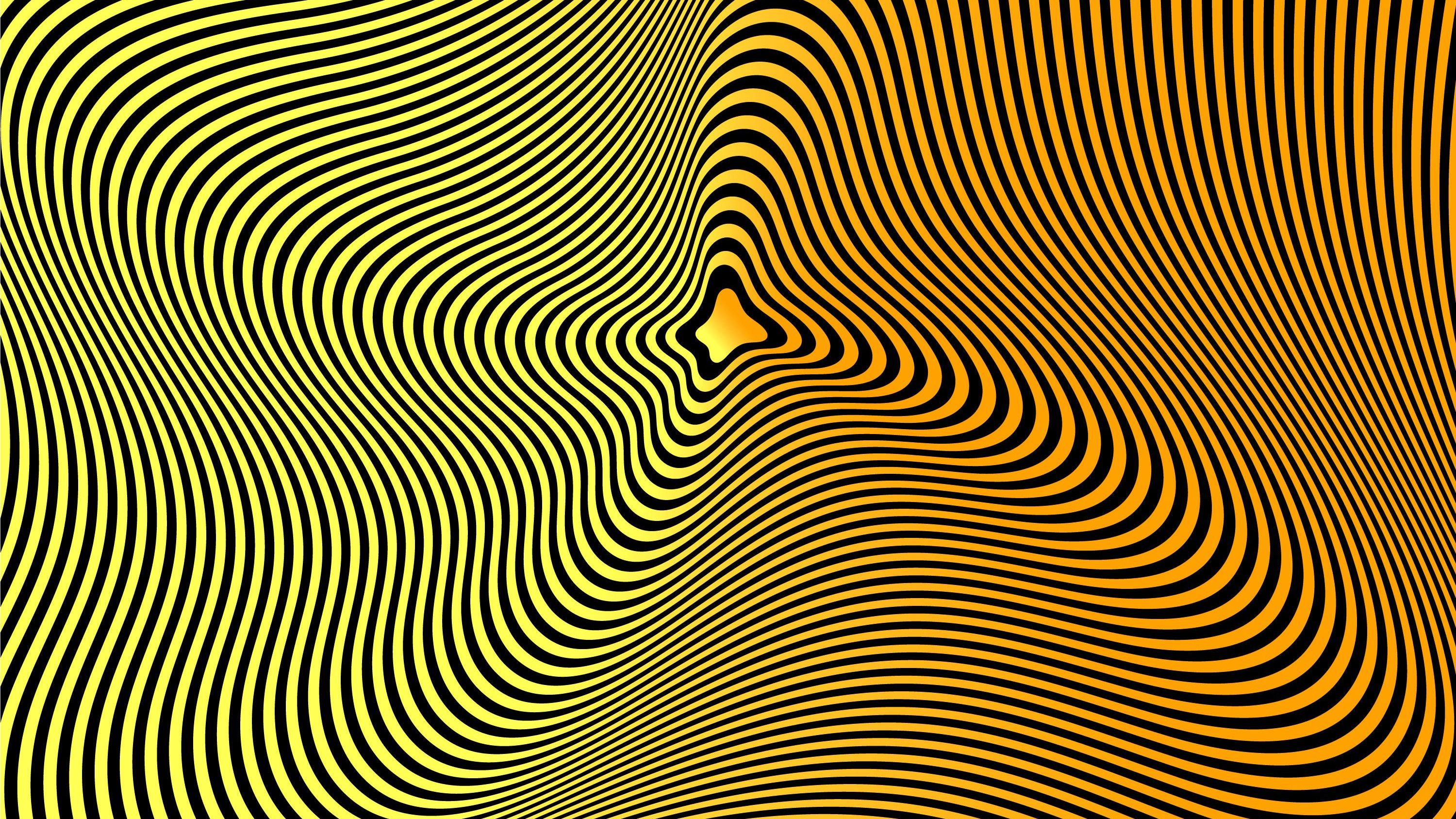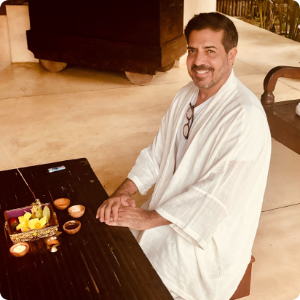Is Free Will Just an Illusion?
Aug 15, 2025
No discussion around freedom would be complete without an exploration of free will. Now this is a very large and loaded topic with volumes and volumes written about it, so for the purposes of this discussion I’m going to cut to the heart of the hours of reading and research I’ve done into this topic.
This idea of free will – this idea that we have agency over the moment to moment choices that we have – is essentially not only an illusion, but it's an illusion that it's an illusion.
Now, we'll get to that in a second, but I want to put forth here that our notion of free will really resides in a constraint of cause and effect. I don't think there's anything we can think of individually or collectively that would reside outside of cause and effect. Cause and effect is the governing principle of the universe.
And it's not just moment to moment, but moment to moment to moment to moment through the eons, through millennia. Our individual genetic makeup is a result of cause and effect that dates back thousands, if not hundreds of thousands of years.
To say that any of us had any hand in that would be nonsensical. So where is there any free will or agency to the nature of our own physicality of being here?
It is the result of our genealogy and the cause and effect of that.
Even if you agree with that as a starting point but decide you’ll determine everything from your birth onward falls under the category of free will… your genetics will dictate all kinds of attributes that you have. Your personality and ways of being will be present through the expression of your genetics.
But where the “illusion is an illusion of an illusion” part comes in is that we actually think that we control our thoughts.
To illustrate this point, let’s do an exercise: think of the name of a book, any book at all.
Maybe you thought of A Tale of Two Cities. Maybe you thought of The Da Vinci Code. Maybe you thought of Sherlock Holmes.
Whatever you thought of, why did you think of that? And if I ask you the question again, you'll think of some other book. Why did you think of that book?
There are very few questions that can offer more freedom, more agency than that question. There are millions of books you can choose from, and yet you choose a certain book.
Who knows why?
But to say it's a free choice would not necessarily be a reasonable answer. And so we are left with the understanding of the true nature of the mind, which is… thoughts arise. And we are not the author of those thoughts.
Now we can say that our brain came up with the thoughts. There was an electric charge, which generated a thought, and we had the thought.
But where's the agency in that? That would be like saying you are in full control of your spleen. On some level you probably are, but you certainly don't have agency over it.
So the idea here is that our thoughts are not something we control. Now, in certain circumstances, of course, we can use the tool of the brain to concentrate and focus thoughts in a certain progression, like mathematics.
But that's using the brain as a tool on a temporary basis. Throughout the day, our general thoughts are just arising. And they are based in this constraint of cause and effect.
The thoughts that arise in your head arise in your head. And you didn't think about them before you thought about them. That's the nature of thought.
This notion might sound depressing to some of us: the idea that we’re just moving through life at the effect of causal inertia. And in a sense, that is true. But there's a beautiful realization that's available through understanding our anchoring in cause and effect.
We have to say that free will is an illusion, otherwise we do not understand the nature of the mind. You would have to believe that you are truly the author of your thoughts, and I would just question that.
Put another way: when you're sailing, the one thing you don't have any control over is the wind. So in this analogy, the wind is cause. And, as the skipper of your sailboat, of life, you can harness this wind. You must harness this wind.
But you can choose which direction to point your boat. And this is, I believe, the interplay of cause and effect and whatever notion of freedom we think we might have. There is cause (wind) and effect (our choices). We may not have caused the wind, but we can choose which direction to sail.
And this opens up a multi-dimensional way to think about freedom.
Are you enjoying this conversation? What is your perspective on free will? Do we actually have agency over our minds? Our thoughts?


